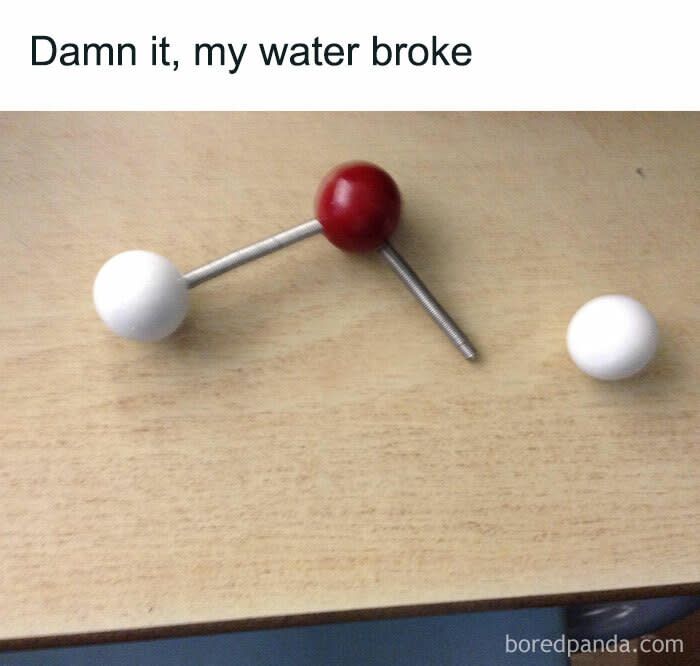Science Communication Gets a Meme Makeover: 'Science is Fun' Project Aims to Engage Public

Alayaran.com - In an era where science continues to evolve at a breakneck pace, a unique initiative named 'Science is Fun' has emerged on social media, aiming to make the complex world of scientific discovery accessible and entertaining to the general public. Spearheaded by Tomas Rosko, this project utilizes memes to demystify scientific concepts, making them relatable through everyday scenarios.
The project, which can be followed on Instagram, X, and YouTube, has captured the imagination of many by showcasing how even the most abstract scientific theories can resonate with daily life. "Our goal is to bridge the gap between the lab and the living room," says Rosko, emphasizing the importance of public engagement in science.
Despite the growing number of scientists and increased funding - which has seen a rise from $3.5 billion in 1955 to a staggering $137.8 billion in 2020 after adjusting for inflation - there's a debate on whether this is truly a golden age of scientific innovation. Writer Kelsey Piper argues that while there might be more science being done, the era lacks the transformative breakthroughs that characterized the early 20th century, like the discovery of DNA structure or quantum mechanics.
A study analyzing millions of papers and patents suggests a decline in 'disruptive' research, where new discoveries significantly alter or expand upon existing knowledge. The research, employing the CD index, indicates a shift towards consolidation rather than disruption in fields ranging from social sciences to computer technology. This trend has sparked discussions on whether current scientific practices might be stifling innovation.
Piper suggests that the slowdown might be due to policy choices rather than a lack of potential discoveries. She points out the bureaucratic hurdles in securing research grants, which often push scientists towards producing incremental rather than groundbreaking work. "The system might be directing researchers away from the most crucial research," Piper notes, highlighting the struggle of visionaries like Katalin Karikó, whose work on mRNA vaccines initially faced funding challenges.
The implications of this trend are profound, potentially affecting productivity, quality of life, and even wage growth, as disruptive innovations are often linked to these advancements. The conversation around scientific funding and the emphasis on publication for career advancement might be skewing the focus from groundbreaking research to less impactful, yet publishable, studies.
As 'Science is Fun' continues to make waves with its humorous take on scientific education, it also serves as a reminder of the vibrant potential within the scientific community, urging a reevaluation of how research is supported and celebrated. For those interested in exploring more, Bored Panda's earlier feature on 'Science is Fun' provides further insights into this engaging initiative.
This project not only entertains but also educates, potentially inspiring the next generation of scientists and innovators, reminding us that the pursuit of knowledge can indeed be fun and accessible to all.
